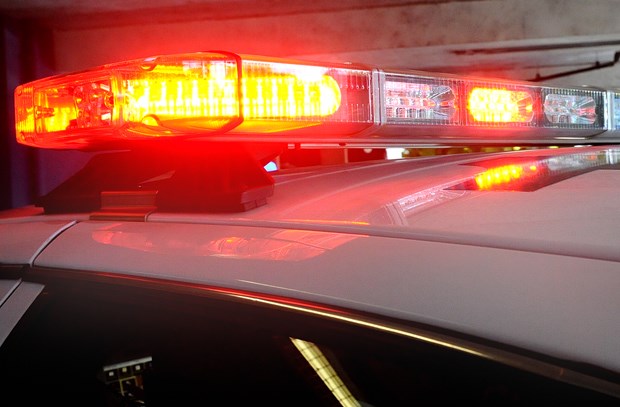More than 600 Metchosin residents with concerns about timely responses to 911 calls have signed a petition calling for a change to how calls in the rural area are handled.
In 2018, the province made changes to the system that assigns paramedics, ambulances and other resources to 911 calls, with the goal of ensuring faster response times to medical emergencies and more accurately matching resources to the needs of the patient.
Under the previous model, local fire departments were notified of almost all 911 calls. Now, they’re contacted for all life-threatening calls where response time is critical, and when their technical expertise or equipment is needed, such as car accidents and potential drownings, said B.C. Emergency Health Services.
In Metchosin, the change means fire chief Stephanie Dunlop often watches ambulances drive past her fire hall while her team sits idle, unable to offer their support to their community members. She watched two go by on Tuesday without a call to her department.
“I would understand, you know, the transport-only type calls or something that’s so minor, but when they’re going hot — lights and sirens through the district — that tells me that time is of the essence,” she said.
The average response time for her team to reach a scene after getting a call is about four minutes, Dunlop said. The B.C. Emergency Health Services said the median response time for urgent calls in Metchosin is just under 16 minutes. The closest ambulance stations are in Langford and Sooke.
Metchosin averages roughly 350 calls per year, of which about 30 per cent are considered urgent, BCEHS said. Of the 351 calls received in 2020, fire first responders were notified of 127.
When calls don’t require an immediate response, people needing help can be left waiting while Dunlop’s team is ready but unable to help because they haven’t been notified.
Dunlop said she heard from a woman who had fallen and didn’t have the strength to get up on her own. After calling 911, the woman waited for hours, she told Dunlop.
“Based on the acuity, she was a low priority. We didn’t get called. So she sat there for quite a long time… These are the type of things where we can go and help her out,” she said.
Dunlop said her team offers more than a faster response time to calls, and they want to support ambulance crews, not replace them.
“So many times at scenes we’re helping lift the patient down, we’re lighting the way, we’ll clear the snow off the icy steps, we’ll hold the dogs back, we’ll put the horses in the corral. There’s just so many other things than simply the patient care,” she said.
Her team will also plow roads and long, steep driveways that would be impassable for ambulances in bad weather, and can access off-road trails. Sometimes the fire hall receives a call only once ambulance crews realize they aren’t able to reach an area, leaving patients waiting longer than necessary, Dunlop said.
Her team is also connected to a network of people who offer support to families after an incident if people aren’t able to take care of themselves.
“We offer a bigger service than just that medical [care] that we want to be involved in, and it’s just the nature of our community. And that’s what we’re being shut out from. And that’s where it’s really becoming a hindrance for us to effectively care for our residents as we have in the past,” Dunlop said.
When Metchosin resident Ron Tenove had a heart attack in February 2017 during a heavy snowfall, he was grateful that the local fire department responded within a few minutes. They assessed him and helped keep him stable until ambulance crews arrived about 15 minutes later, he said. They also plowed the road.
Tenove thinks he would have gone into shock or passed out if he had waited longer for help.
Chris Moehr, vice-president of the Association for the Protection of Rural Metchosin, said residents have been concerned since the change was initiated in 2018, particularly because the district is home to an older population. Several community groups have joined forces to pressure the province to revert to the old system.
The Ministry of Health did not respond to a request for comment. Representatives for the ministry said in a March 8 letter to Moehr and other concerned residents that there is ongoing monitoring of response times in communities across the province.
In response to recent long delays for ambulance service, a group of 11 Metro Vancouver mayors have also called on the province to expand the range of services that municipal first responders may be called to attend.
